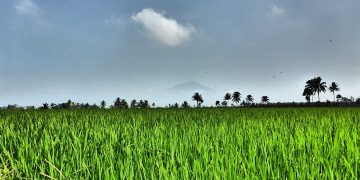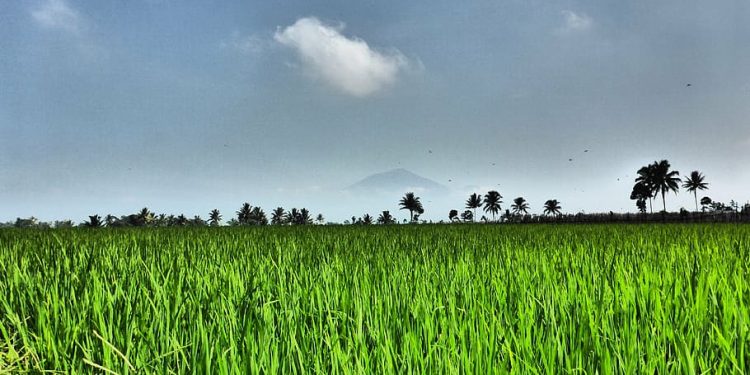#agriculture #climateresilience #sustainablefarming #Vetivergrass #soilconservation #waterconservation #carbonsequestration #climatechangemitigation #Mexicanfarmers #agriculturalinnovation
According to a recent report by Mongabay News, Mexican farmers are adopting an Asian grass species, known as Vetiver, to bolster their resilience to climate change. Vetiver, with its remarkable ability to stabilize soil, control erosion, and withstand drought, has shown promising results in helping farmers combat the challenges posed by a changing climate.
The Vetiver grass, scientifically known as Chrysopogon zizanioides, is native to Asia but is being increasingly embraced by Mexican farmers due to its numerous benefits. It forms a dense network of roots that effectively binds soil particles, reducing erosion and improving soil structure. This not only prevents nutrient loss but also enhances water infiltration, reducing the risk of runoff and promoting water conservation.
Furthermore, Vetiver grass exhibits exceptional drought tolerance, enabling it to thrive in water-limited conditions. Its deep and extensive root system acts as a natural sponge, absorbing and storing water, which can be crucial during periods of low rainfall. By planting Vetiver hedges and contour strips in their fields, farmers can effectively conserve water and mitigate the impact of prolonged droughts.
In addition to its soil and water conservation properties, Vetiver also plays a crucial role in mitigating climate change by sequestering carbon dioxide from the atmosphere. The dense biomass produced by the grass contributes to carbon sequestration, thus helping to offset greenhouse gas emissions and mitigate climate change effects.
The adoption of Vetiver grass by Mexican farmers has yielded remarkable results. Studies have shown that the use of Vetiver hedges in agricultural fields can reduce soil erosion by up to 80%. Furthermore, the grass has proven effective in protecting crops from wind damage during storms and hurricanes, which are becoming increasingly frequent and intense in the face of climate change.
The utilization of Vetiver grass presents a significant opportunity for Mexican farmers to build resilience in the face of climate change. Its remarkable ability to stabilize soil, conserve water, and sequester carbon makes it a valuable asset in sustainable agriculture practices. By incorporating Vetiver into their farming strategies, farmers can enhance productivity, protect their crops, and contribute to the fight against climate change.































